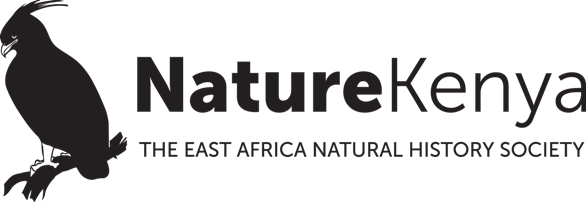By Rudolf Makhanu
On an open piece of land at Sofia village, Tana River Delta, lies a seed bed planted with grass. Grass is a critical part of our environment, and especially here in Tana Delta, where great herds of cattle graze.
Villagers manage the 15-ha pasture seed bank planted with four varieties of grass. The Sofia seed bank is one of the many established in villages across the Delta under The Restoration Initiative (TRI) Tana project funded by the Global Environmental Facility (GEF) through the United Nations Environment Program (UNEP). Nature Kenya (implementing partner) and other partners are supporting local communities in the Delta to restore degraded grazing lands and other degraded landscapes.
Since 2021, Nature Kenya has distributed 1,942.5 kg of four pasture seed varieties to establish 455 ha of seed banks in 29 villages, including Sofia. The distributed grass seed varieties are Needle (Enteropogon macrostachyus), Buffel (Cenchrus ciliaris), Abyssinian/Boma Rhodes (Chloris gayana) and Saw-toothed Love/Maasai Love (Eragrostis superba). Beneficiaries manage the seed banks through established community structures like village natural resources and land use committees. The pasture seed banks are treated as crops, and protected from free-ranging livestock. Once mature, the pasture seedlings are transferred for planting in degraded grazing lands.
Measuring approximately 225,000 ha on the Kenya coast, the Tana River Delta is an extraordinary ecological and cultural site. The Delta is the second largest estuarine and deltaic ecosystem in East Africa and a designated Ramsar Site, Key Biodiversity Area (KBA), and a global biodiversity hotspot. The Delta provides diverse ecosystem services that support livelihoods and the local economy. It serves as a critical dry-season grazing ground for pastoralists.
However, unsustainable use coupled with climate change has compromised the Delta’s ability to sustainably provide these ecosystem services and retain its ecological integrity, significantly contributing to resource use conflicts. Inadequate rangeland management is one of the main challenges in the Delta, with overgrazing being a key driver. Its associated manifestations include habitat loss, soil erosion, siltation, the spread of invasive species like Prosopis juliflora, conflicts over pasture, low livestock productivity, and decreased community resilience, especially during droughts and floods.
Collaboration between the Tana River and Lamu County Governments and local administration promotes community awareness and peacebuilding efforts, which in turn contribute to social fencing that safeguards the pasture seed banks. To this end, the TRI Tana project has facilitated several forums where the County Commissioner’s office has convened community meetings to address grazing control issues in the Delta.
To further empower communities to actively engage in rangeland restoration, Nature Kenya has facilitated training sessions and engaged livestock extension officers to provide support services. Nature Kenya is also working with the two county governments to mainstream biodiversity needs into their policies and legislation. The TRI Tana project has supported the Tana River County review and enactment of the Livestock Grazing Control Act. The Act seeks to enhance management and orderly use of grazing resources to minimise conflict and maximise peaceful coexistence between various land users.
